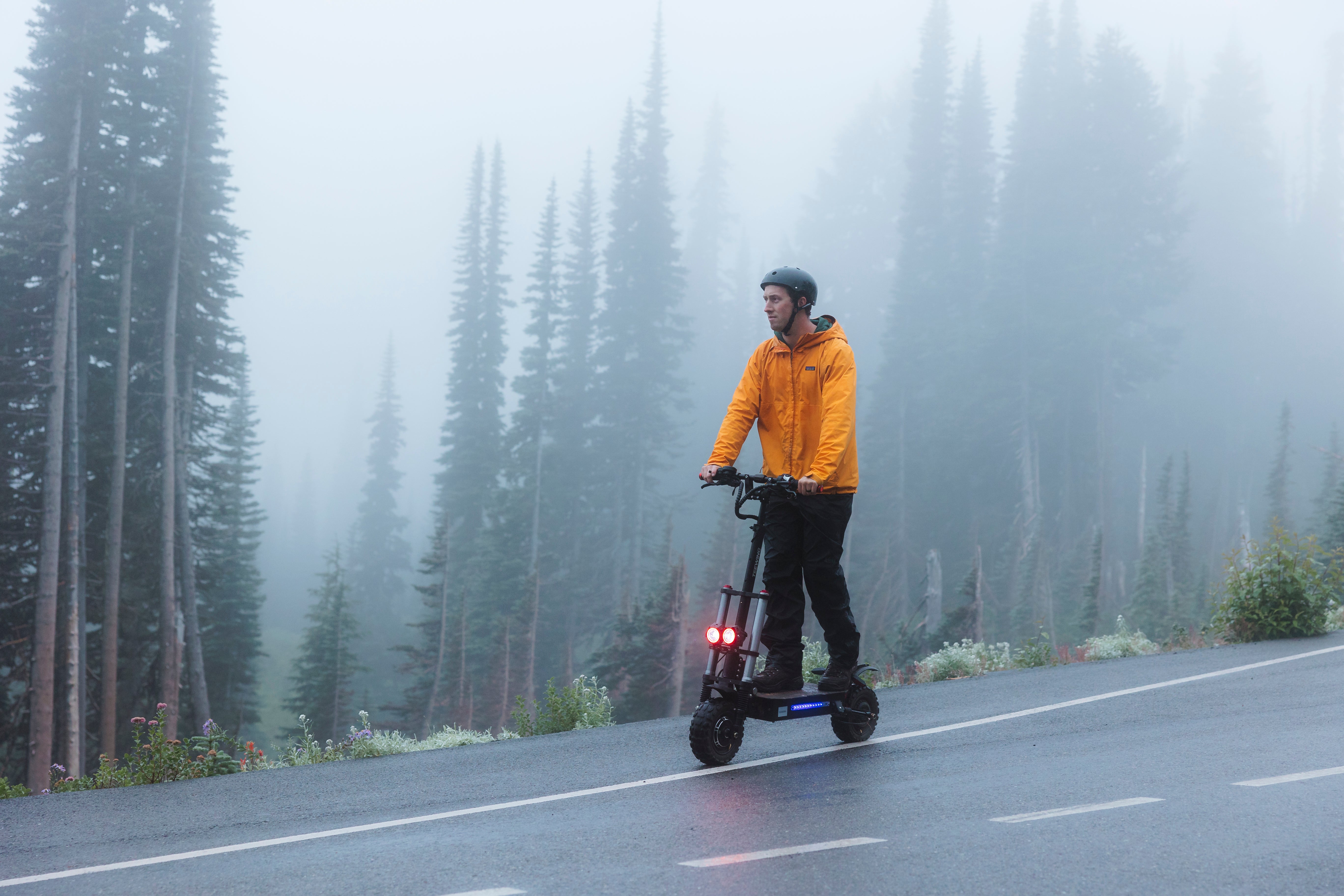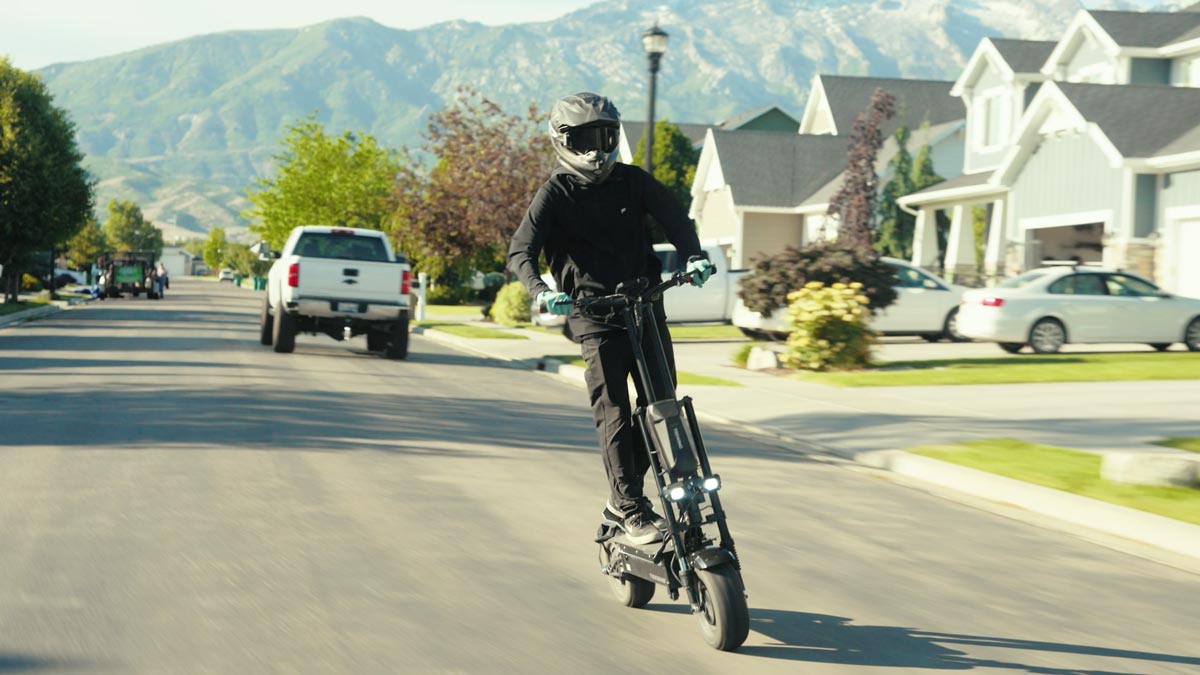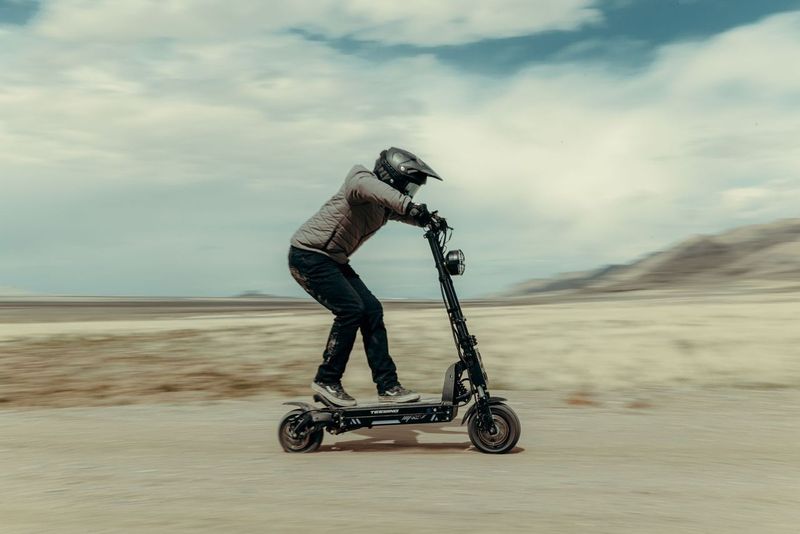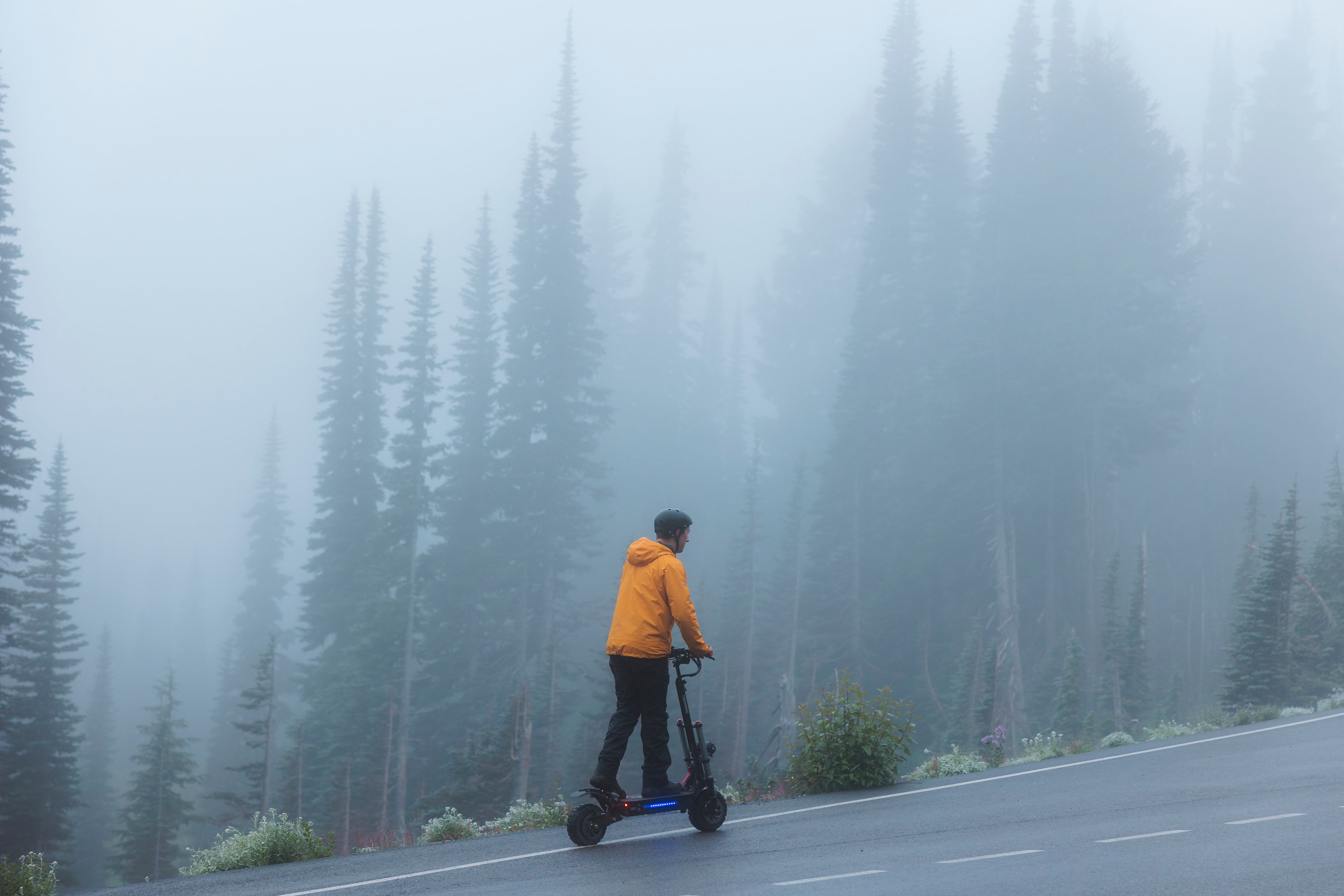As urban commuting evolves, electric scooters and electric bikes have emerged as popular alternatives to traditional transportation. Both offer eco-friendly, efficient, and cost-effective ways to navigate city streets. But when it comes to choosing between an electric scooter and an electric bike for your daily commute, which one is better? Let's delve into the key differences to help you make an informed decision.
Portability and Storage
Electric scooters are generally more compact and lightweight than electric bikes. Their foldable designs make them easy to carry onto public transportation or store under desks. This portability is ideal for commuters with limited storage space or those who combine multiple modes of transport.
In contrast, electric bikes are bulkier and heavier, often requiring dedicated storage space. While some models offer folding features, they still occupy more room than scooters.
Speed and Range
Electric bikes typically offer higher speeds and longer ranges compared to scooters. Most e-bikes can reach speeds of 20–28 mph and cover distances between 20–70 miles on a single charge. This makes them suitable for longer commutes or those involving hilly terrains.
Electric scooters usually have top speeds ranging from 15–25 mph and a range of 15–40 miles, depending on the model. While sufficient for short to medium commutes, they may require more frequent charging for longer distances.
Comfort and Ride Experience
E-bikes offer a more comfortable ride, especially over longer distances or uneven terrains. Their larger wheels and suspension systems absorb shocks better, and the option to pedal provides flexibility.
Scooters, with smaller wheels and standing platforms, may result in a bumpier ride on rough surfaces. However, they are agile and easy to maneuver through traffic, making them ideal for short urban trips.
Cost and Maintenance
Generally, electric scooters are more affordable than electric bikes. They have fewer components, leading to lower maintenance costs. E-bikes, while more expensive, offer durability and can replace traditional bicycles for various uses.
Maintenance for e-bikes may include chain lubrication, brake adjustments, and tire replacements. Scooters require less upkeep but may need occasional brake and tire checks.
Legal Regulations
Regulations for electric scooters and bikes vary by location. Some cities have specific rules regarding speed limits, helmet usage, and where these vehicles can be ridden. It's essential to familiarize yourself with local laws to ensure compliance.
Which Should You Choose?
-
Choose an electric scooter if:
-
You need a lightweight, portable option for short commutes.
-
Storage space is limited.
-
You prefer a lower-cost, low-maintenance vehicle.
-
You need a lightweight, portable option for short commutes.
-
Choose an electric bike if:
-
Your commute covers longer distances or hilly terrains.
-
Comfort during the ride is a priority.
-
You're willing to invest more for added features and durability.
-
Your commute covers longer distances or hilly terrains.
Explore Teewing's Collection
Whether you lean towards scooters or bikes, Teewing offers a range of high-quality Electric Scooters Collection to suit your commuting needs:
Make your daily commute efficient and enjoyable with the right electric vehicle.







